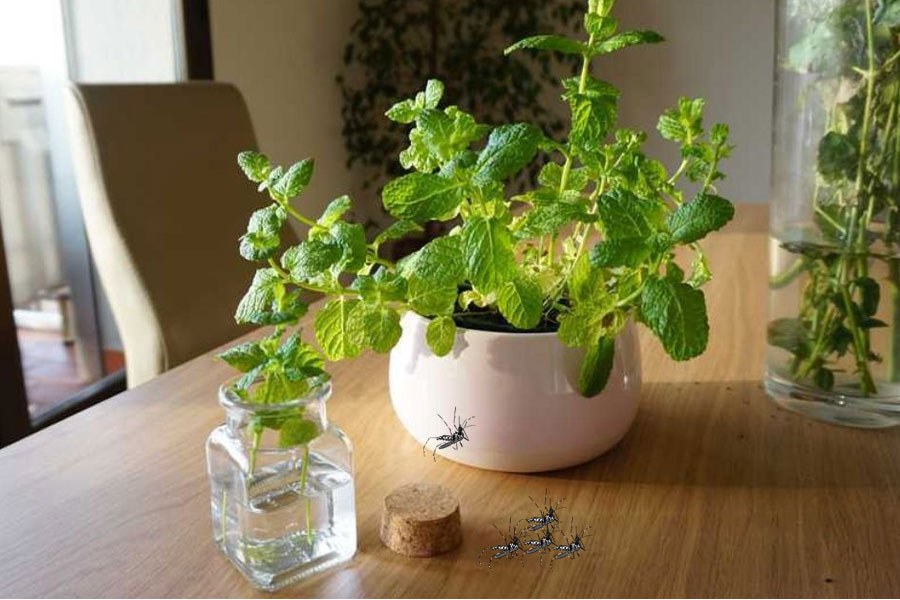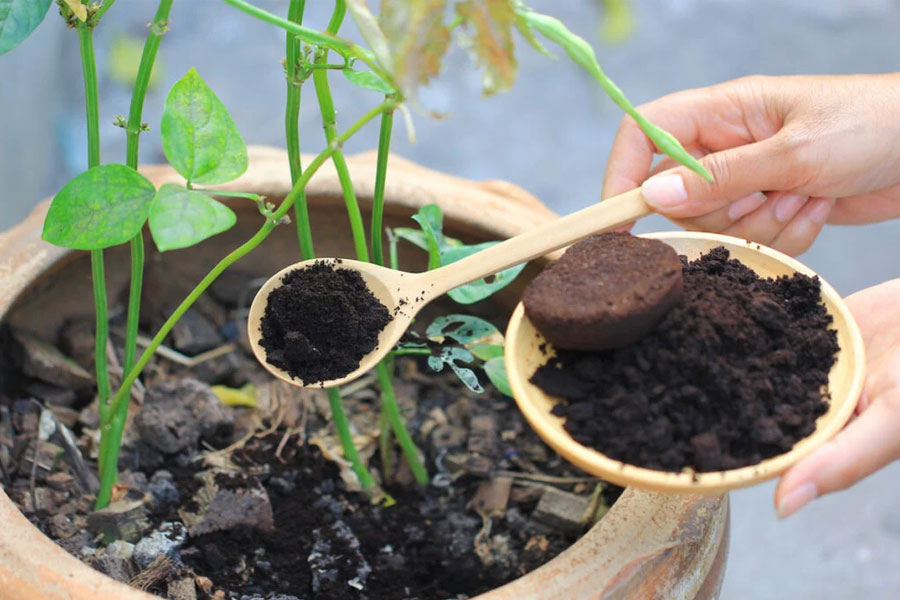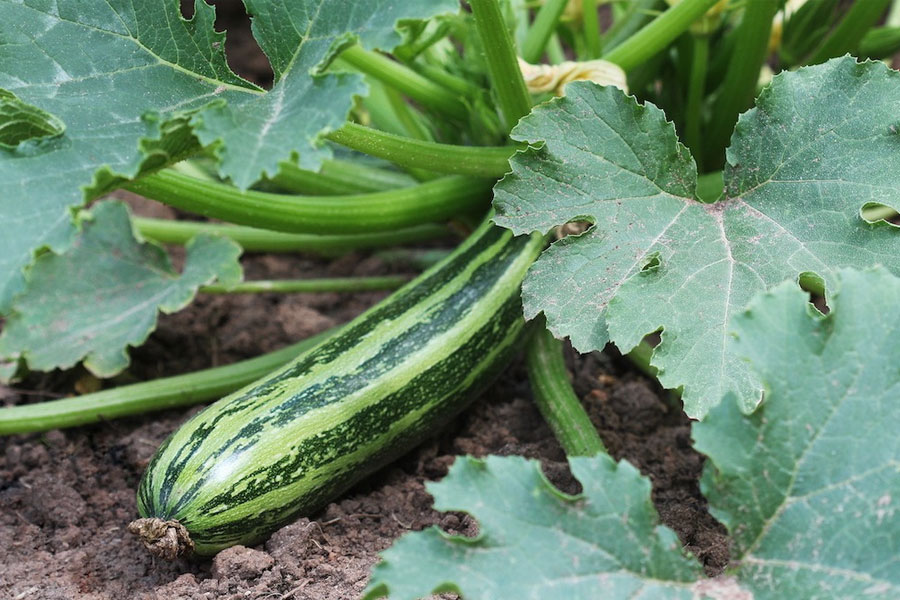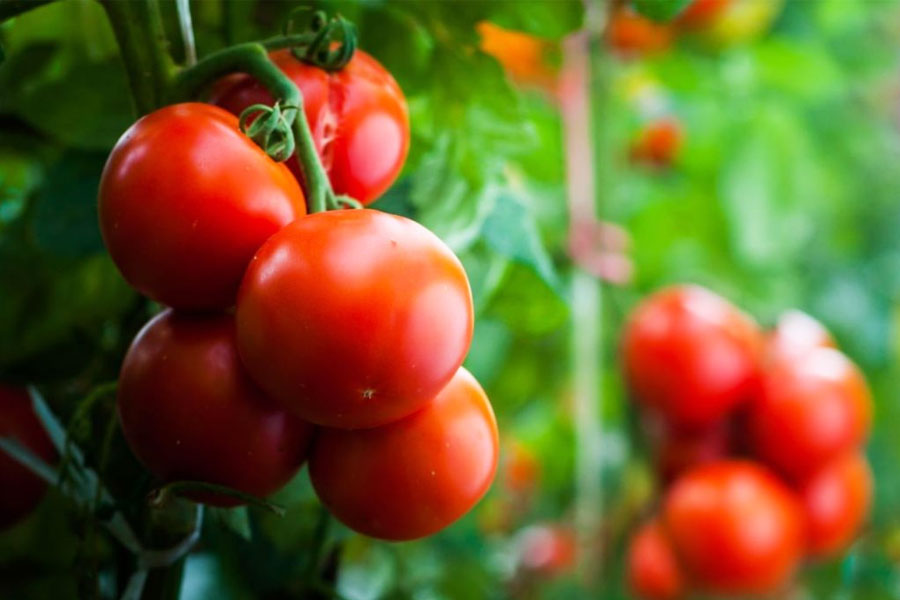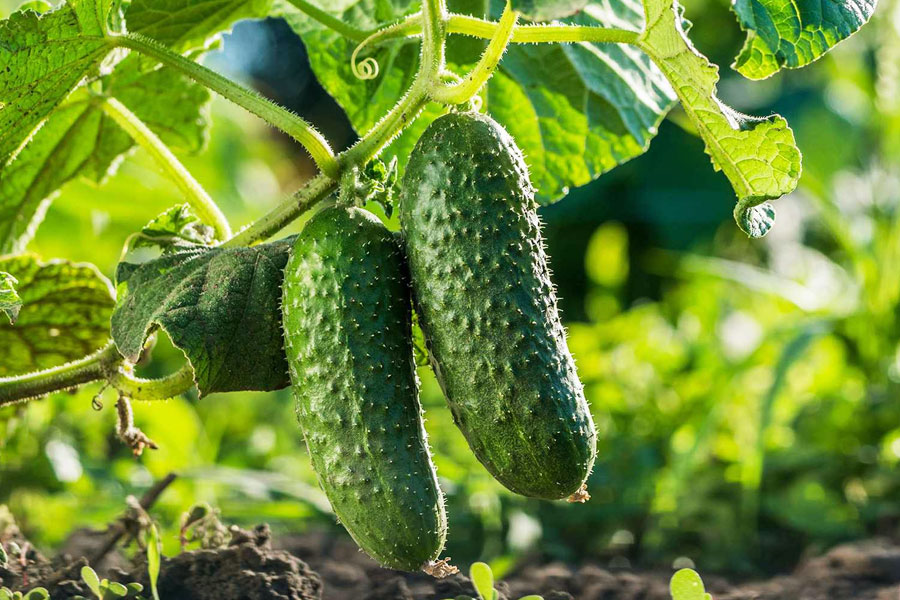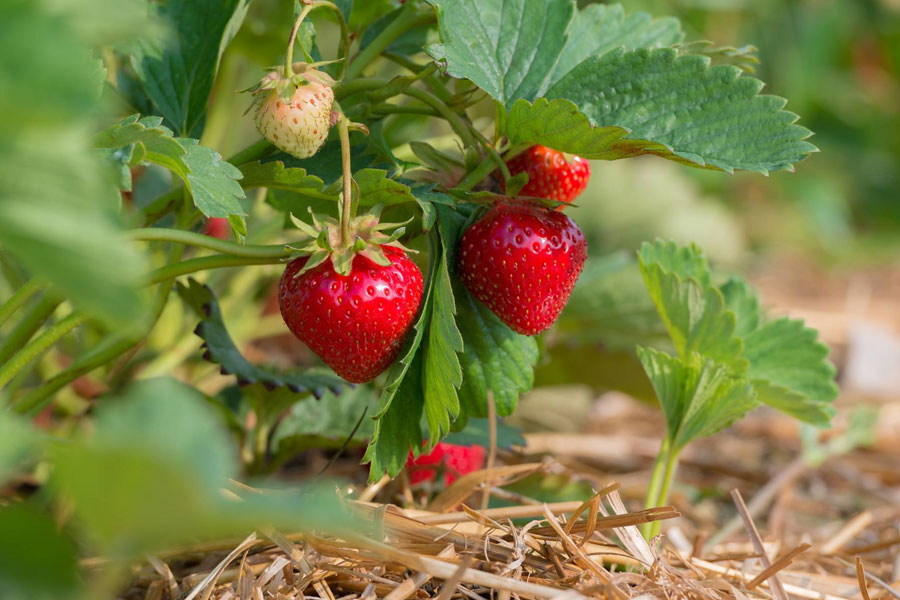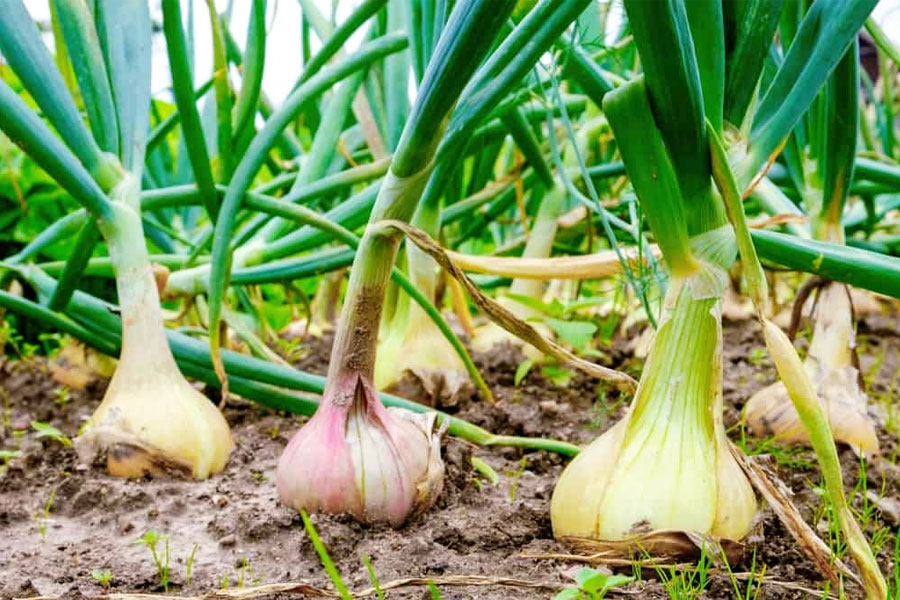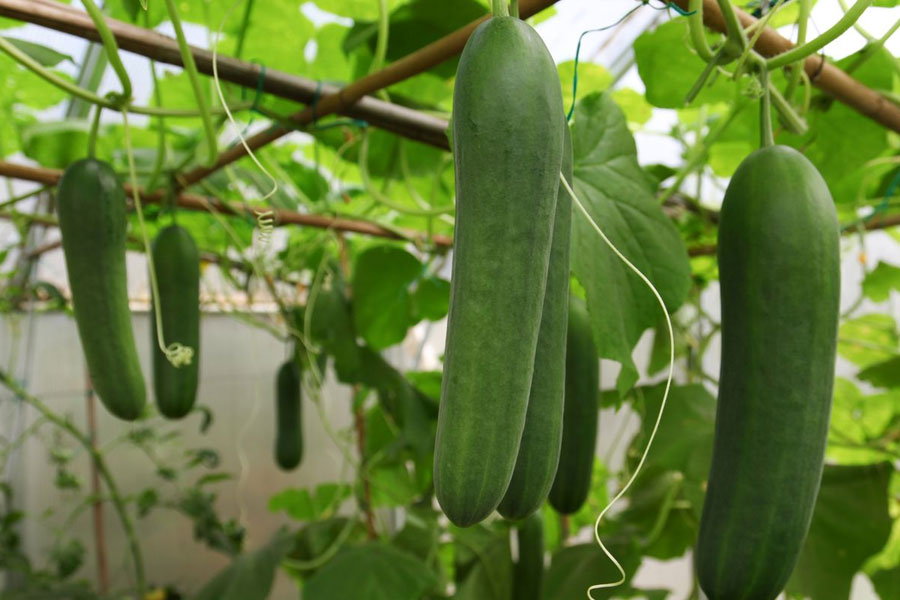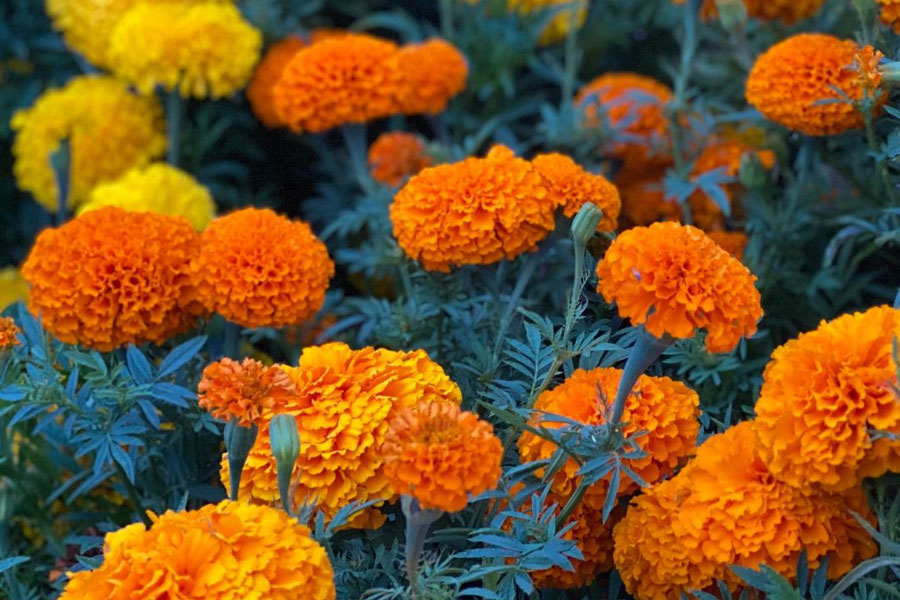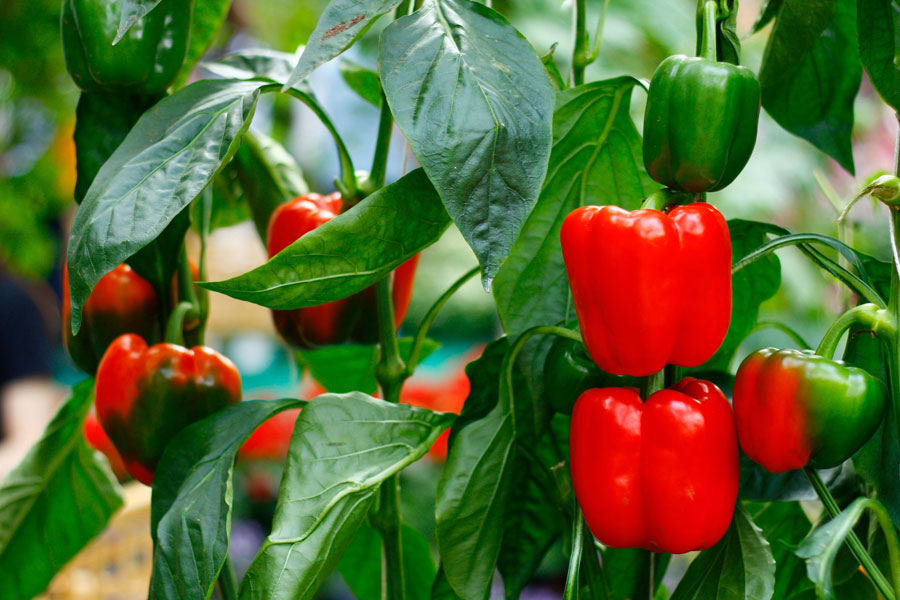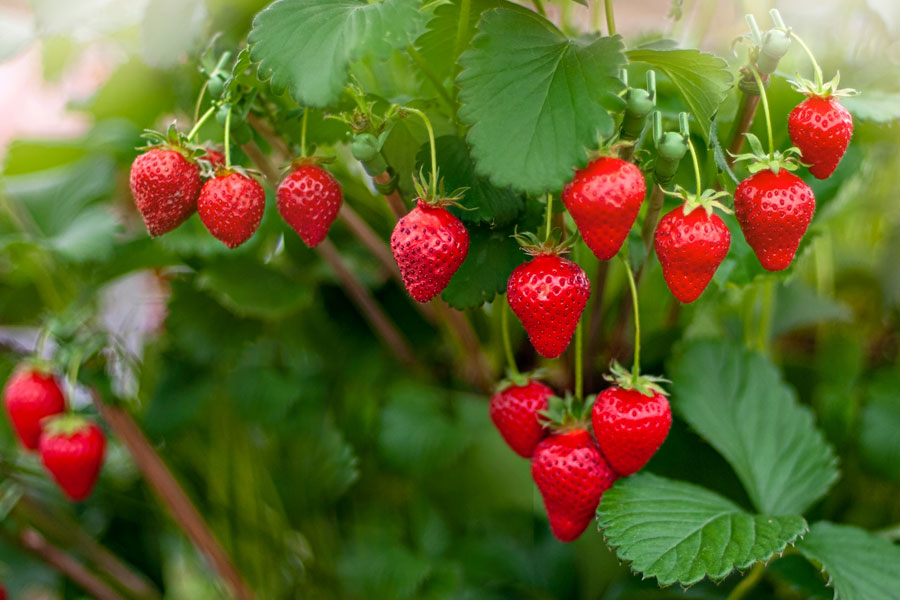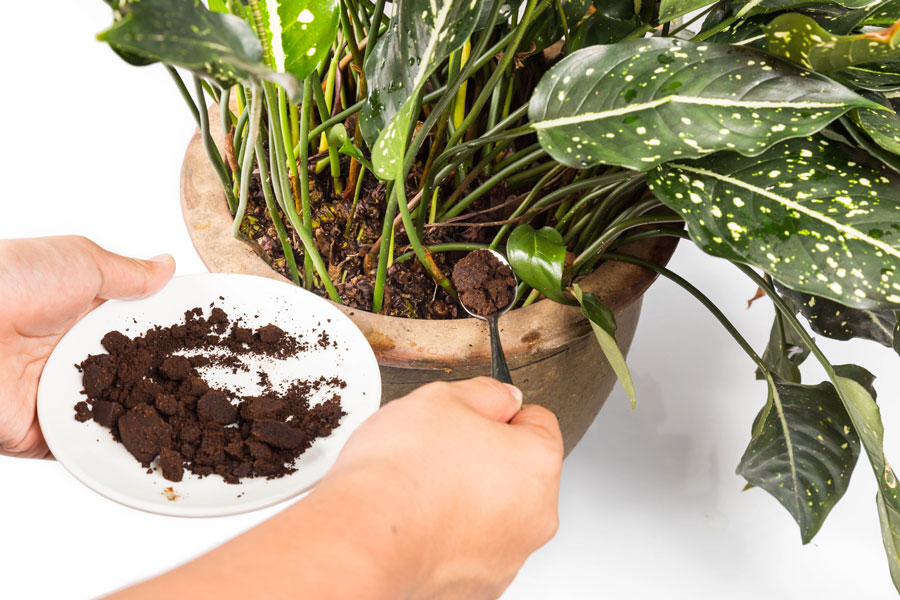
The Best Nutrition Supplement
Plants need nutrition to grow. There are different types of nutrition that can make a plant grow faster and make it stronger and healthier. Coffee grounds can be a valuable addition to your gardening efforts, as they offer several benefits for plants. It can help a plant to grow and is a perfect organic process that can make the overall life of a plant longer. So, do you know what plants are like coffee grounds? Here, you can find out the answer that can make your overall gardening experience perfect.
What are Coffee Grounds?

Coffee grounds are the residue that remains after brewing coffee. When hot water is poured over ground coffee beans, it extracts oils, flavors, and other soluble compounds, leaving behind a moist, granular substance known as coffee grounds. These grounds contain a mix of organic material, including cellulose, lipids, proteins, and various compounds that contribute to coffee’s aroma and flavor.
Beyond their role in brewing, coffee grounds can be repurposed for various uses, such as in gardening as a nutrient-rich compost or mulch, in beauty treatments as an exfoliant, or as an odor neutralizer. Their versatility makes them a valuable byproduct of the coffee-making process.
List of Plants That Like Coffee Grounds
Here are some plants like coffee grounds;
1. Acid-Loving Plants
- Azaleas: These flowering shrubs benefit from the acidity and nutrients provided by coffee grounds. Raw coffee grounds can be used to make Azaleas grow faster.
- Rhododendrons: Like azaleas, rhododendrons thrive in acidic soil, making coffee grounds a good supplement.
- Camellias: Whether you love to grow Camellias, then you can use coffee grounds. These beautiful flowering plants prefer acidic conditions, which is why coffee grounds are beneficial.
- Blueberries: These plants only grow in acidic soil, and coffee grounds can help maintain the conditions that blueberries need.
- Hydrangeas: Coffee grounds can affect the color of hydrangea blooms, making them bluer in acidic conditions. One can also use coffee grounds to perfect the soil.
2. Vegetables
- Tomatoes: These are one of the most used vegetables and lovable for vegetarians. Tomatoes grow in slightly acidic soil. So one can use the used coffee grounds in moderation to avoid making the soil too acidic or too neutral to make the perfect environment for growing tomatoes.
- Carrots: To grow carrots, you can mix coffee grounds into the soil, which can help improve texture and provide nutrients.
- Radishes: Radishes are fast-growing vegetables that respond well to the nutrients in coffee grounds. Adding coffee grounds to the soil can help radishes develop quickly and produce crisp, flavorful roots.
- Peppers: Peppers are heavy feeders and benefit from the nutrients in coffee grounds. Using coffee grounds in the soil can support strong growth and enhance the flavor of the peppers.
- Beans: Beans can also benefit from the nutrients in coffee grounds, particularly nitrogen, which supports healthy foliage growth.
3. Fruits
- Strawberries: Coffee grounds contain smaller amounts of vital nutrients like phosphorus, which supports root development and flower formation, and potassium, which is crucial for Strawberries quality and disease resistance.
- Citrus Trees: Citrus trees grow faster in slightly acidic soil, so coffee grounds can provide the necessary pH level and nutrients.
- Apples: Apples can benefit significantly from the addition of coffee grounds to their soil, as coffee grounds are an excellent organic amendment that enhances soil quality and provides essential nutrients.
- Raspberries: Coffee grounds offer a rich source of organic matter and essential nutrients, particularly nitrogen, playing a vital role in the development of strong, healthy foliage.
4. Flowering Plants
- Roses: If you want to see a perfect red rose, you can also use coffee grounds to make it healthier and more beautiful. Coffee grounds provide essential nutrients that roses need for healthy growth and vibrant blooms.
- Marigolds: Marigolds thrive in well-drained soil with plenty of organic matter, making coffee grounds a valuable addition. The nitrogen in the grounds promotes healthy foliage growth, which is essential for marigolds’ lush green leaves and prolific flowering.
5. Houseplants
- Philodendrons: thrive in well-draining, slightly acidic soil, conditions that coffee grounds can help create or maintain.
- African Violets: Incorporating coffee grounds into the potting mix or using them as a top dressing around the base of African Violet plants can improve soil fertility and contribute to their overall health.
- Pothos:- Coffee grounds contribute nitrogen, phosphorus, and other minerals that promote healthy leaf development and overall growth of these houseplants.
Why are Coffee Grounds Beneficial for these Plants?
Coffee grounds come with several benefits, and these are as follows:
1. Organic Matter
Coffee grounds are rich in organic material, which can decompose and provide nutrients to the soil. They can enhance the planting experience, and because they are organic, they don’t have any side effects.
2. Nutrient-Rich
Coffee grounds contain essential nutrients such as nitrogen, potassium, magnesium, and calcium. These neutrinos are really beneficial for the growth of a plant. Nitrogen plays a key role in promoting healthy leaf and stem growth, enhancing overall plant growth. Additionally, coffee grounds have slight acidic properties, which can be advantageous for acid-loving plants.
3. Mulching
When coffee grounds are used as mulch around plants, they help improve soil structure by adding essential nutrients like nitrogen, potassium, phosphorus, and other micronutrients. This nutrient boost encourages plant growth and enhances soil fertility over time.
4. Composting
Coffee grounds are highly beneficial for composting due to their rich nitrogen content, which accelerates the decomposition process and enhances the nutrient profile of the compost. When coffee grounds are added to compost piles, they provide a significant boost of nitrogen, a crucial element for breaking down organic matter into nutrient-rich soil.
This not only speeds up the overall composting process but also helps create compost that is richer in essential nutrients.
5. Pest Deterrent
When coffee grounds are sprinkled around plants or incorporated into the soil, they create a barrier that these pests find unpleasant to cross. This natural deterrent helps protect plants from being damaged by slugs and snails, which are notorious for feeding on leaves and tender shoots.
Frequently Asked Questions
1. Should coffee grounds be composted before use?
Composting coffee grounds before use can help balance their pH and provide a more nutrient-rich addition to your soil.
2. Can coffee grounds be used on all types of plants?
Coffee grounds are best for acid-loving plants like azaleas, roses, and blueberries. However, they should be used sparingly on other types of plants.
3. How should coffee grounds be applied to plants?
Coffee grounds can be sprinkled directly on the soil or composted before use. Mixing them into the top layer of soil is also effective.
4. Do coffee grounds repel pests?
Yes, coffee grounds can help repel pests like slugs and snails due to their abrasive texture and caffeine content.
5. Can coffee grounds harm plants if used too much?
Yes, using too many coffee grounds can make the soil too acidic and may inhibit plant growth. It’s best to use them in moderation.
Conclusion
Coffee grounds can improve overall plant health. This article explains what plants like coffee grounds and provides tips for effective results. So Use it and enjoy gardening more.

